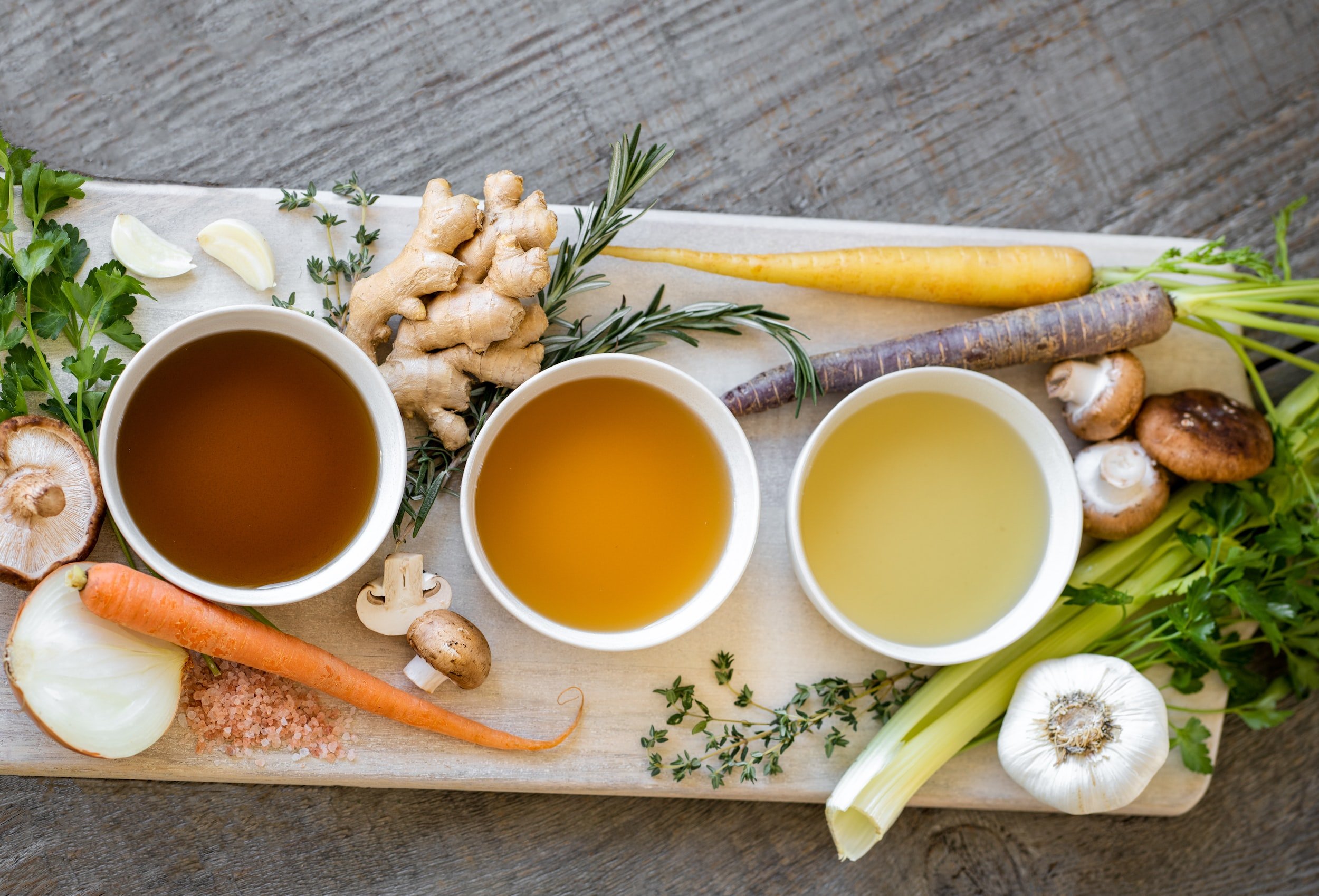It seems like second nature to put food in the fridge because it'll last longer, right?
Not really! While your intentions may be good, storing certain foods in the fridge can spoil their flavor and texture. The next time you are tempted to fill your fridge with food, see below, and refer to this guide to help your groceries last longer and taste better.
Here are 10 foods that should not be refrigerated, and the best ways to keep them fresh instead.
Tomatoes
When tomatoes are exposed to cool air, their chemical makeup changes, which can cause a less vibrant flavor and less enjoyable addition to your favorite salad.
Tomatoes are stored best on your counter because keeping them in the fridge accelerates chemical pathways that cause the flavor of the tomato to dull. If they are underripe, you can store them on your windowsill to ripen them.
Onions
Whole, unpeeled, raw onions should not be stored in the fridge, because doing so causes them to go bad sooner. When starches in onions are exposed to cool temperatures, they become mushy and soggy faster.
Ideally, they should be stored in a cool, dry location away from light — such as inside the cupboard or drawer.
Melons
You get more nutrition from whole, uncut melons by storing them right on the countertop. Cold air from the fridge can stunt their antioxidant growth.
Coffee
Whether beans are whole or grounded, they should be kept out of the fridge for best flavor. Refrigerator humidity can cause condensation to build up which is not good for the flavor of ground or whole bean coffee.
For best flavor, coffee should be stored in your pantry.
Basil
Herbs like basil are best kept at room temperature. Refrigerating cut basil can cause the fragile leaves to dark and discolor. When this happens, it's called oxidation and turns fruits and vegetables brown. This is because the enzyme polyphenol oxidase contained in the cells is exposed and reacts with oxygen in the air.
For the best storage, place the basil stems into a tall jar filled with water and keep out of the sun.
Potatoes
Much like tomatoes, the chemical makeup of potatoes changes when put into the fridge, where cold temperatures convert starch into sugar. Not only does that produce a texture change, the texture can become grittier, which is going to make those potatoes a little worse for someone who is trying to be mindful of how much sugar intake they are taking.
Storing potatoes in the fridge can also lead to formation of a potentially dangerous chemical when cooked; the breakdown of sugars in potatoes can lead to the formation of a chemical called acrylamide when cooked at high temperatures.
Acrylamide has been shown to be carcinogenic in animal studies, and there is some concern that at high levels, it could have the same effect in humans.
Cucumbers
Ever notice that your cucumbers look less than desirable after a few days in the fridge? That is because they are damaged by the cold air. Refrigerating cucumbers for longer than three days can lead to 'cold injury' due to their high water content, and can lead to bruising, water soaked areas, and spoilage.
Cucumbers are best stored at room temperatures in a well ventilated area.
Bananas
If you accidentally stashed bananas in your fridge while unpacking your groceries, be prepared for an unpleasant surprise. Bananas will turn brown in the fridge but will still taste just fine.
Bananas also release a gas that naturally ripens other fruit, so be mindful where you keep them.
Bread
Not many folks can eat a whole loaf of bread in a few days. So you should think about how much you intend to eat and plan ahead with the best storage strategies. Bread with natural ingredients can start to mold very quickly. But if you put it in the fridge, you run the risk of drying it out.
If you have more bread than you're going to eat, then definitely put it in the freezer and take out a few pieces every few days as needed, and store those bread pieces at room temperature in a bread box.
Garlic
Last but not least, we have garlic. Although it is usually planted in the fall and prefers cold weather — garlic can sprout at a more rapid rate when stored in a colder environment. If you plan to use garlic over time, make sure it is as fresh as possible, and look for firm clovers, with no sprouting or black spots.
Store your garlic in a ventilated space (say, inside a mesh bag) and away from warm areas like kitchens or stoves.



















